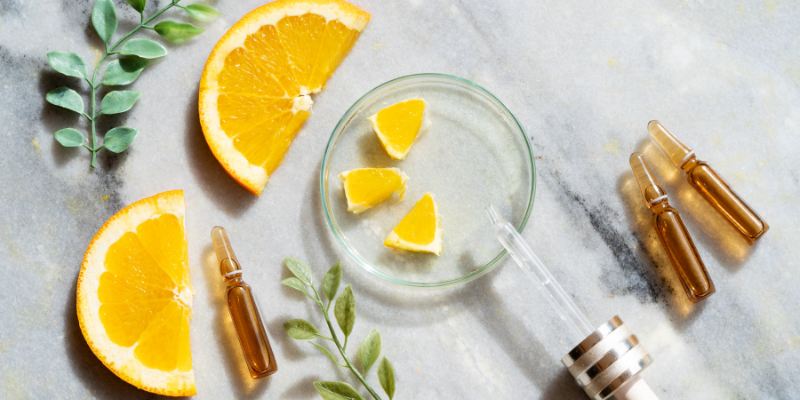What is Citric Acid?
Citric acid, also known as 2-Hydroxypropane-1,2,3-tricarboxylic acid, is a colorless, weak, organic acid. It occurs naturally in citrus fruits and serves as an intermediate in the citric acid cycle, where energy is produced in the body. It functions as a food acidity regulator, chelator, antibacterial agent, and basic metabolite. Due to its physical resemblance to table salt,
citric acid is marketed as a dry powder and is sometimes referred to as "sour salt" in markets and grocery stores.
Uses of Citric Acid
Citric acid has a wide array of applications both in the household and industry. In the food sector,
citric acid is a preservative. Additionally, it can be found in beverages and candies as a flavoring agent to give it a sour taste. The white sour powder that many popular gummy candies are covered in is actually citric acid powder. Citric acid is considered a chelating agent. Because of this, it is an ideal household cleaner. Chelating agents are chemical compounds that are able to bind tightly to metal ions and remove them. An example of this is the removal of limescale using citric acid as it will bind to calcium ions and lift them from the surface of appliances. This is also a safe and effective choice since citric acid is a relatively weak acid. Citric acid also has applications in the cosmetics industry. It is commonly found in soaps, nail polishes, and facial cleansers. Many
skin care formulations use citric acid due to its protective antioxidant properties and corrective anti-aging effects. The low pH of citric acid allows for exfoliation of the dead skin cells, thereby bringing new skin to the surface. Citric acid is also an attractive choice in the cosmetics industry because it is safe and effective to use on the skin.

Different Forms of Citric Acid Citric acid comes in a variety of ways, including as a powder and in solution at various concentrations, and has diverse applications in food, household cleaning supplies, skin care, cosmetics, and more. When choosing citric acid, be sure of how you want to use it. For example, there's USP/FCC/Food Grade Kosher that's certified by the United States Pharmacopeia and the Food Chemicals Codex. It's certified as a Kosher product based on the manufacturing process. Citric Acid Anhydrous Reagent Grade is a high purity powder that is used for analytical purposes. It is chosen in research investigations since it is reliable and produces consistent, repeatable results. The difference between the anhydrous and powder citric acid is the amount of water molecules present. Anhydrous citric acid is water free while the powder contains a single molecule of water. In applications where water will impede processes, anhydrous citric acid would be the best choice. There are also different grades of citric acid, 50%, 25%, and 10% solutions of citric acid. Based on the concentration, there are varying ratios of powdered citric acid dissolved in purified water.
Buy Citric Acid Now
< Back

